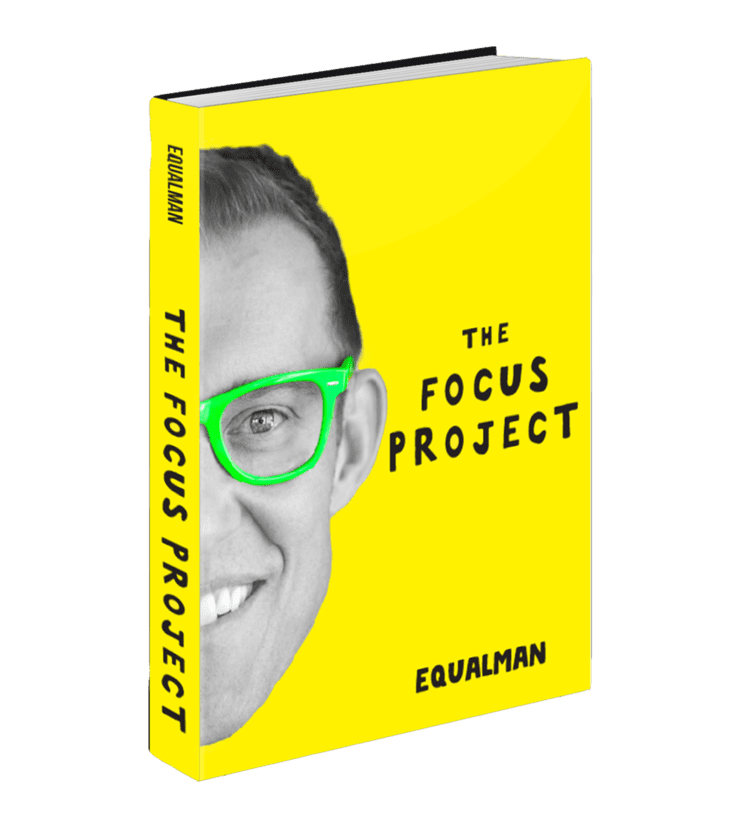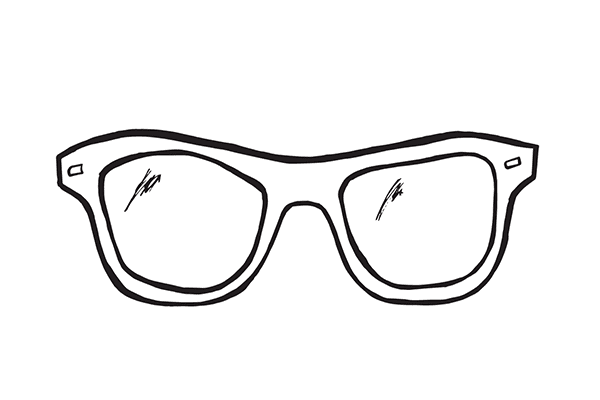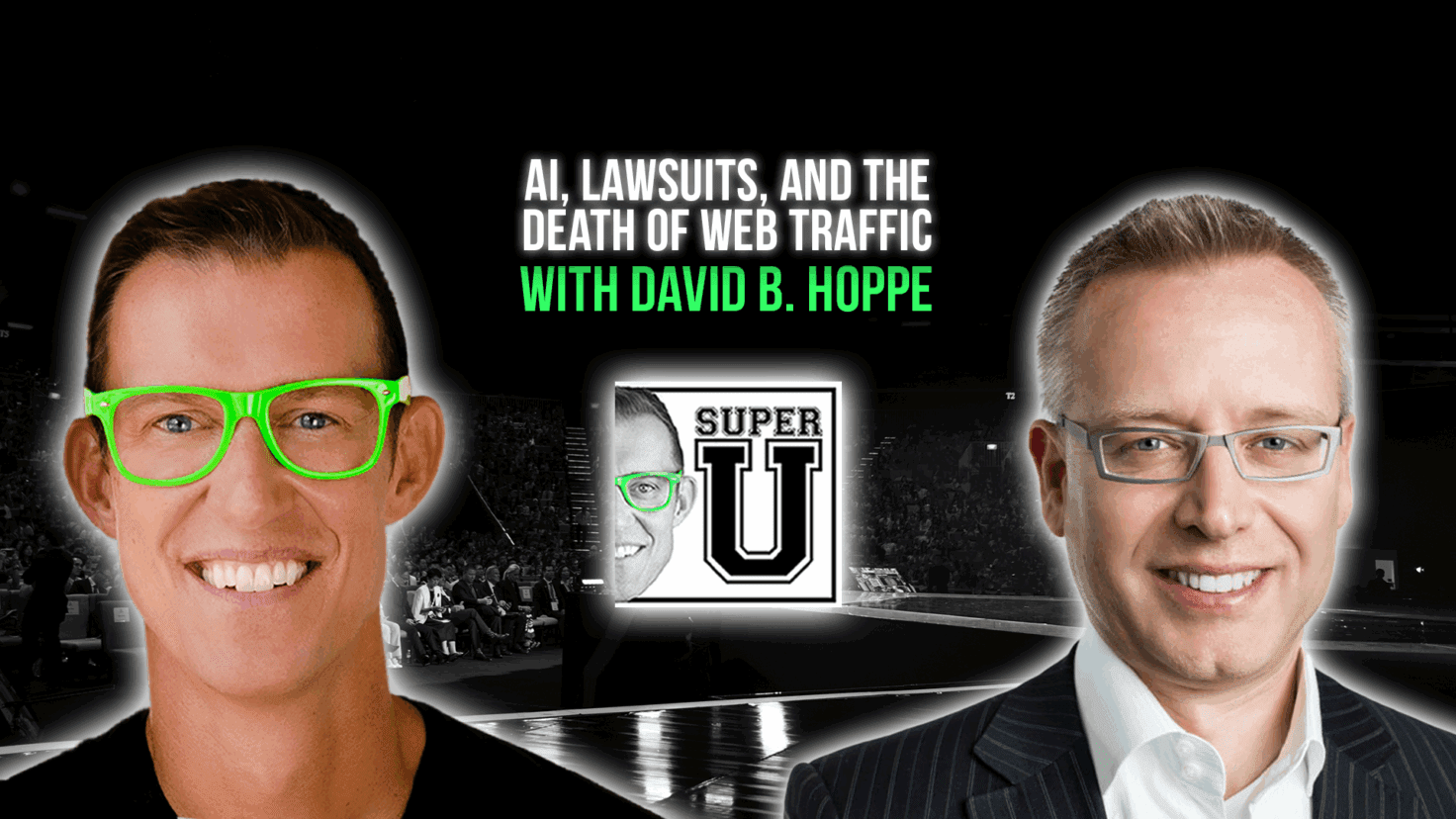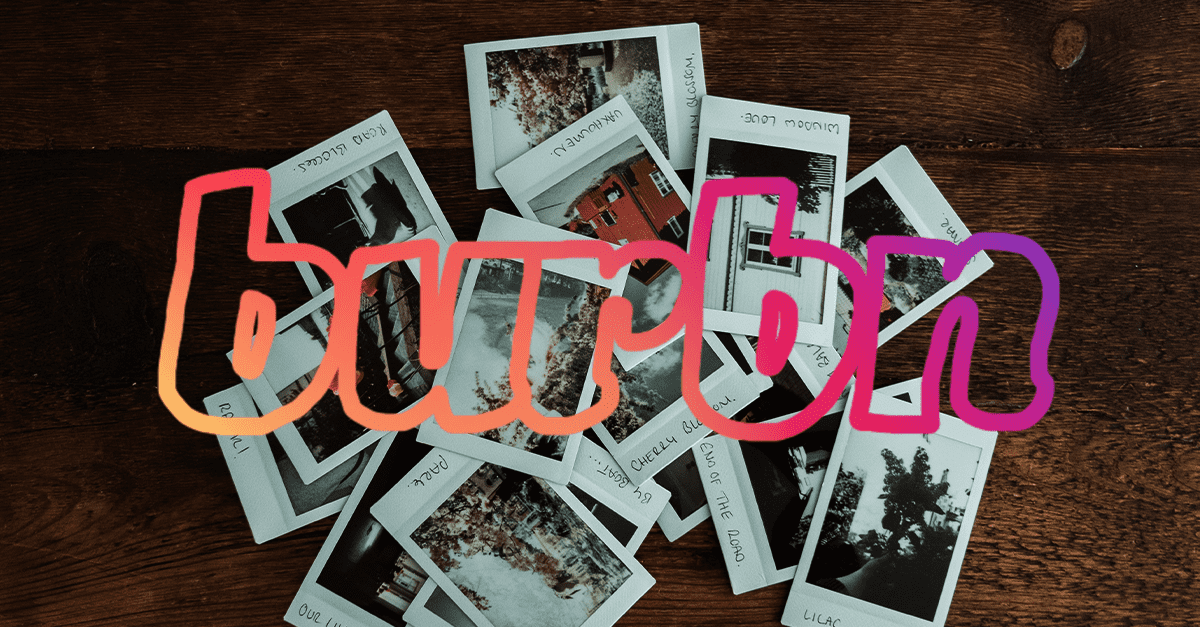Focus Project: Figuring Out Whats Most Important
Figuring Out What’s Most Important (Chapter 1)
Below is a list of the all-time, top-selling self-help books. You will notice crossover with the categories such as health, finance, sex, sales, productivity, and friends [Kayla Walsh, “10 Most Popular Self-Help Books Ever,” The Richest, April 4, 2014, bit.ly/2TlMie0]:
- Chicken Soup for the Soul by Jack Canfield and Mark Victor Hansen: Short, inspiring stories about real people’s lives.
- Think and Grow Rich by Napoleon Hill: Personal wealth and lasting success.
- Men are from Mars, Women Are from Venus by John Gray: Men and women are so different, they seem to come from different planets. Understanding the fundamental differences in thinking between males and females is the key to healthy relationships.
- You Can Heal Your Life by Louise L. Hay: How the body and mind are linked.
- Your Erroneous Zones by Dr. Wayne W. Dyer: Published in 1976, including tips for a guilt-free life, positive thinking, and taking control of your life.
- Who Moved My Cheese? by Spencer Johnson: The necessity of adapting to change at work.
- Rich Dad, Poor Dad by Robert T. Kiyosaki: Stresses financial independence, entrepreneurial projects, and investments.
- The 7 Habits of Highly Effective People by Stephen Covey: Habits to adopt to become more efficient and successful.
- The Secret by Rhonda Byrne: The law of attraction—if you think about something hard enough, it will come to you.
- How to Win Friends and Influence People by Dale Carnegie: Insights on how to make people like you.
Creating Your Own List
For your own list, I suggest you do the following exercise: Formulate your list of what’s important to you. Take a sheet of paper and form three columns.
- Item: For example, “Family.”
- Rank: Rank the importance to you from 1-10 (10 being highest).
- Performance: Score 1-10 how well you are performing that item.
Look at your sheet and identify the gaps. Where is there a big gap? If Family is a 10 in importance, but you feel you are performing at a 3 right now that is a big gap. Consciously attack that gap and dedicate time to it to get it to a 8, 9, or 10. It works on the inverse as well, so if you have Faith ranked as a 2 (importance) and you are performing at a 4 well you have some “give” there. Faith can slip to a 2 if it allows you to allocate time to improving the “Family” gap.
Throughout the day you should ask yourself where you are on a scale of 1-10? If you say you’re at a 6, then why aren’t you at a 7 or an 8? As you list out the reasons, ask yourself, is the issue solvable?

For more content like this, check out The Focus Project.
Now available on Amazon.






